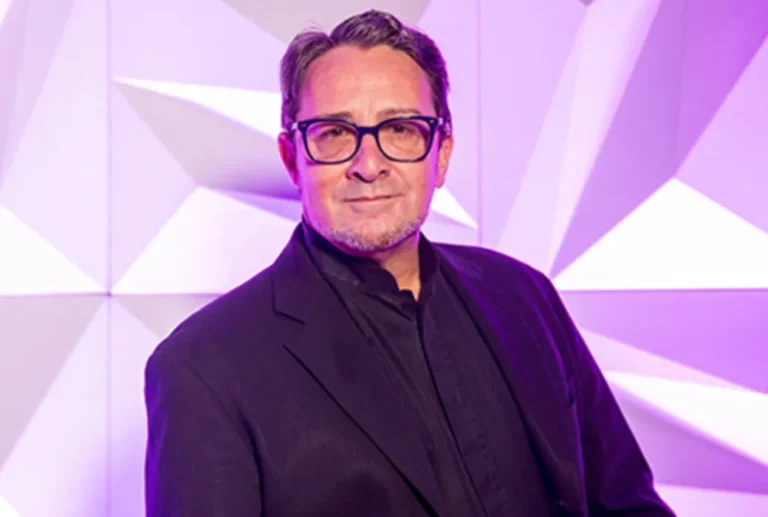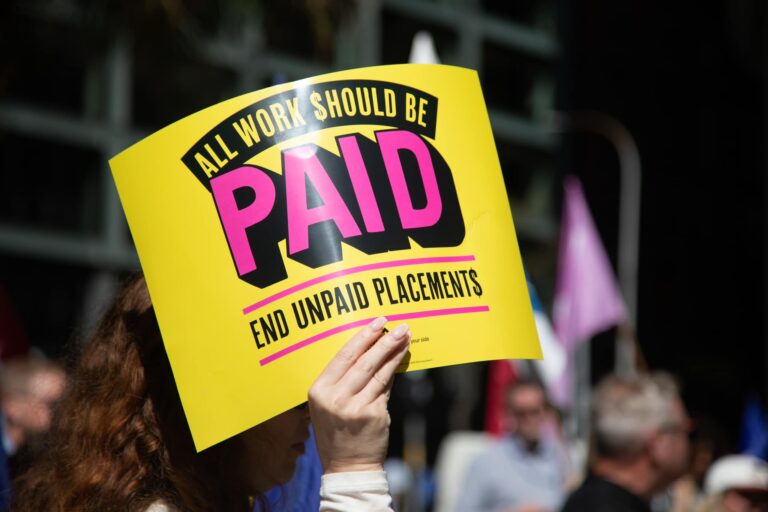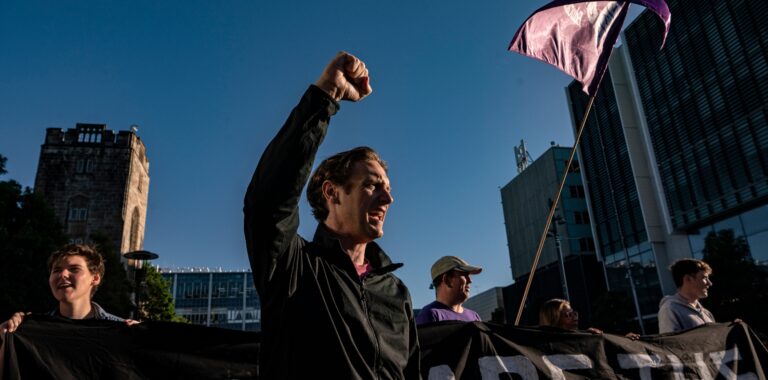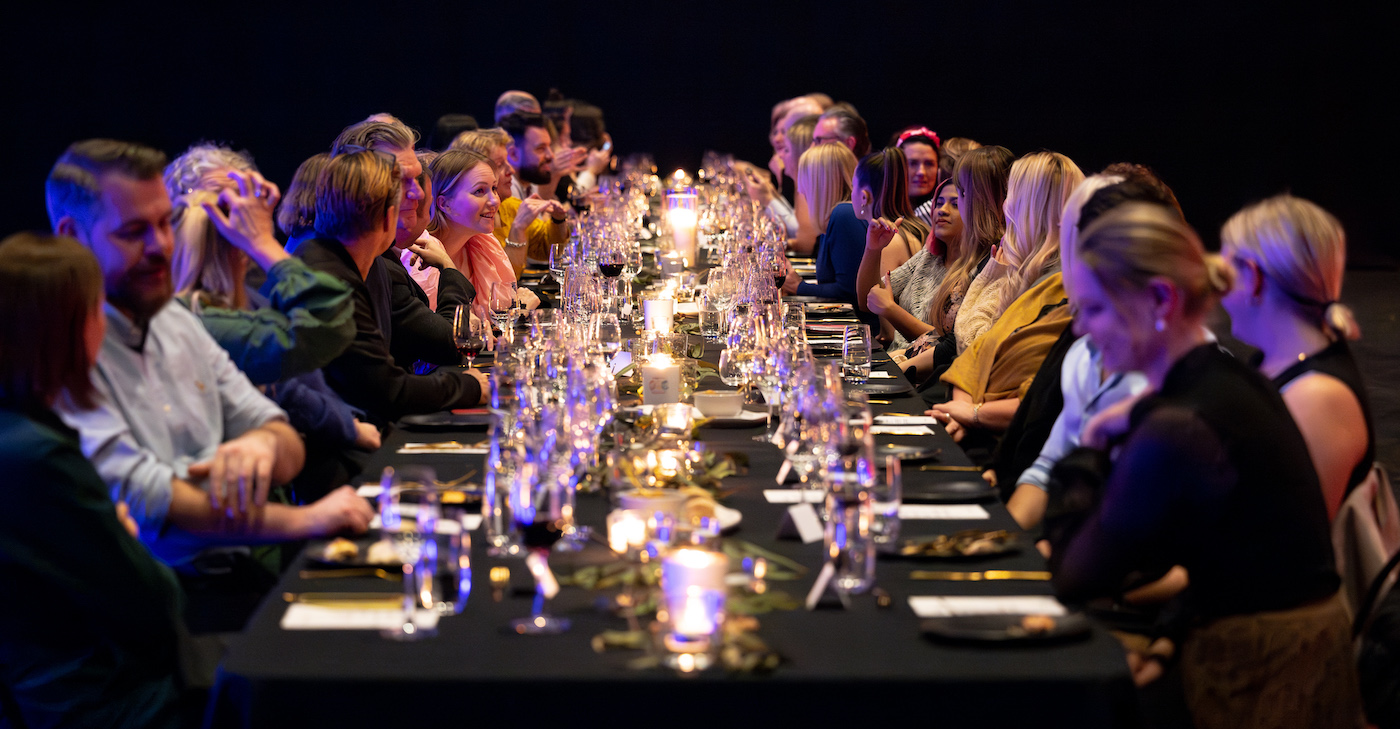
Festival Free For All

Currently around the world the entertainment industry is striving to be more inclusive for everyone. The latest battleground has been waged in the fields of music festivals as there has been a call for a more equitable distribution of genders, ethnicities and sexualities on music festival lineups.
This latest skirmish was sparked upon the release of the lineup for the 2018 iteration of Bluesfest, which unusually included only four acts featuring women.
Despite a long history of providing diverse lineups this year the Byron Bay hosted festival included only one female headline act in Kasey Chambers.
According to LISTEN, a grassroots, entirely volunteer-run not-for-profit organisation, this represents a “problematic” indication of a music industry wide systemic problem of bias towards “white male artists.”
LISTEN stressed though that it has no issue with the festival itself, which had in the past showcased artists who fall into the categories of women, queer or people of colour.
“Our issue is with the message repeatedly sent by Australian festivals that women and non-binary artists, especially those who are Indigenous and artists of colour, do not deserve to be announced first.”
In response Bluefest director Peter Noble agreed that women are under-represented in the music industry as a whole but stressed that the economic viability of a festival has to be at the forefront of all booking and business decisions.
“This is a serious issue, of course, and I am aware of the low representation of women at gigs,” he said before elaborating on the impact a quota system may have, “We book artists based on their drawing ability and the response to our surveys so if we can deliver the kind of bill our audience wants, then… in the end this is a business.”
For Sydney musician Jade Le Flay she understands the difficult position diversity quotas place music promotors in but also feels it is only a matter of time before quotas are no longer required.
“I think it’s a smart move to strive for balance. If we measure how much change there has been throughout history to now, then I personally don’t think it’s good enough but ultimately if organisers are happy to be close minded then I am sure over time, they are only really doing themselves a disservice.”
Calls for gender or ethnicity quotas also raise the question of merit and gratification for those artists that both get booked or lose gigs because of their implementation.
For LISTEN spokesperson Xanthea O’Conner the notion that the music industry is based on a meritocracy is a fallacy, “Unfortunately the music industry is largely run by white men who are usually middle to upper class.”
Despite being a relative newcomer to the circuit musician Stacey Queffert has already experienced offers for gigs because of her gender.
“I’ve had people approach me saying they need more females for their event and at this stage of my career a gig is a gig so I’ve taken those opportunities, but obviously an offer based on talent would be much more valued.”
Jade Le Flay, who is further along in her career, said she “wouldn’t feel gratified” with an offer based on gender because her family taught her not to “use gender as a tool” and would therefore turndown that particular offer.
When speaking with Jade Le Flay she also raised another issue which unfortunately needs to be considered for female artists, that being sexual harassment.
“Being a female artist has meant that I have been forced to feel fearful of certain things, such as being groped or harassed, when performing at events.”
Sadly just this past week this exact issue bubbled up to the surface following the unveiling of the lineup for Unify Gathering.
The lineup for Unify Gathering featured the 2004 iteration of the band I Killed The Prom Queen for a ‘nostalgia set’. Inviting this version of the band was controversial because it included former member Michael Crafter, who had made sexist comments on social media before leaving the band in 2006.
By including Crafter in the lineup LISTEN believes this, “sends the message that they [Unify Gathering] condone his misogynistic commentary.”
Unify Gathering were quick to respond to the outcry and removed I Killed The Prom Queen from the event.
Overwhelmingly the consensus throughout the music industry appears to be that they simply ask anybody in a position of power; be that record label, music festival or even media that the idea of diversity and equality be kept in mind during all decisions.
As fans of music the best thing you can do is to simply support the artists you love, regardless of gender, ethnicity or sexuality and callout when you see unacceptable behaviour around you.
If we all strive to be better people,at even the tiniest of levels big changes will inevitably follow, just look at the creation of the Grand Canyon as an example.









